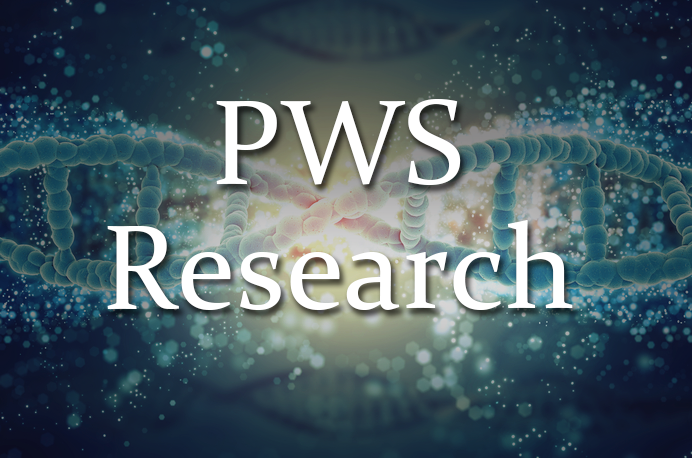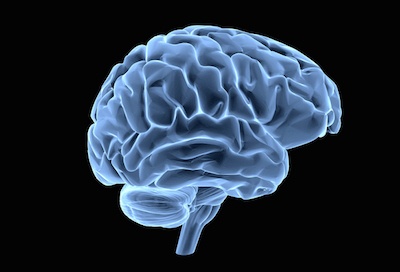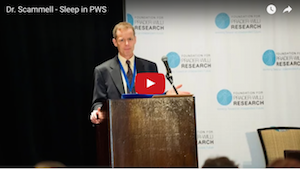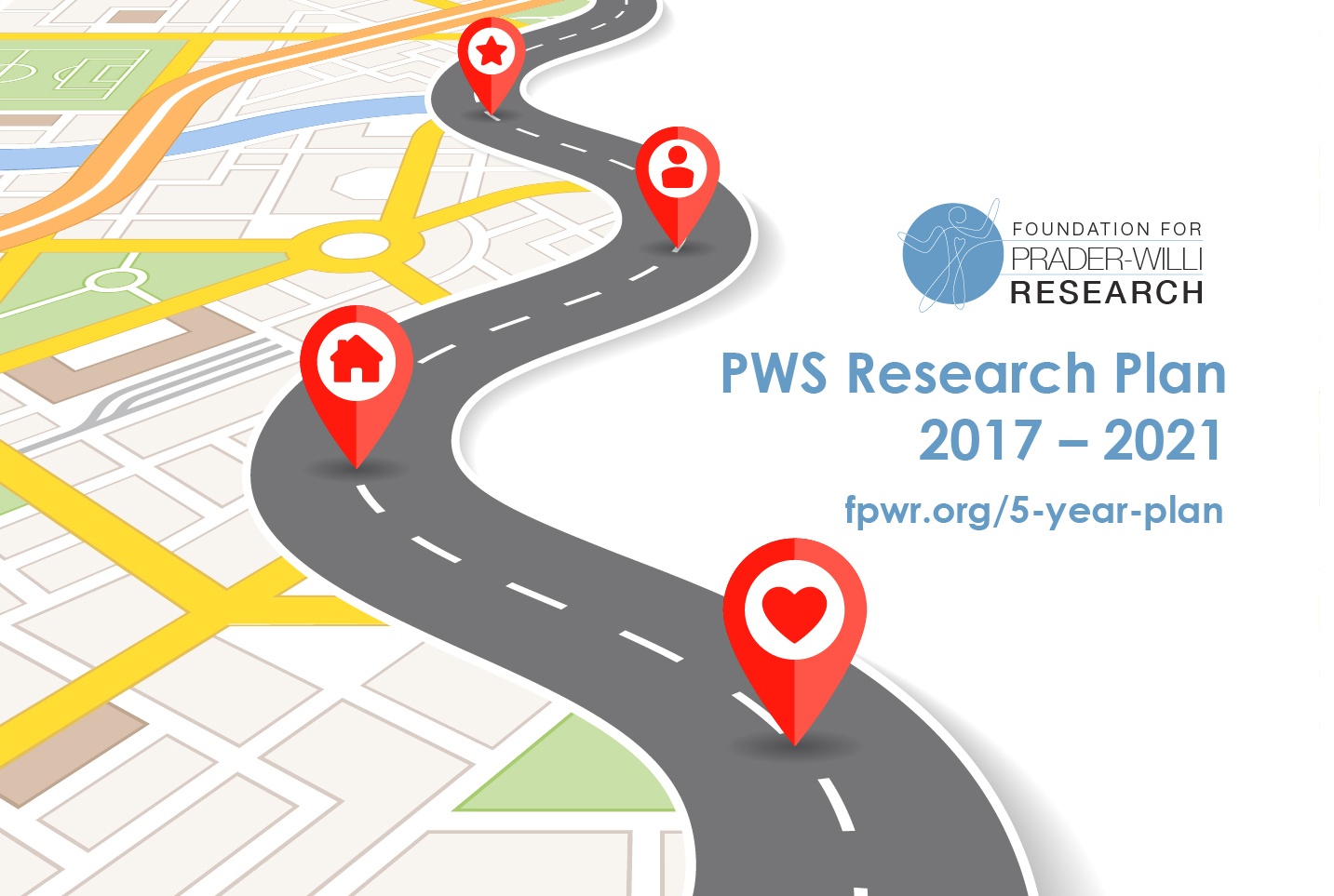Topics: Research
Columbia University Medical Center (CUMC) researchers have discovered that a deficiency of the enzyme prohormone covertase (PC1) in the brain may be linked to most of the neuro-hormonal abnormalities in Prader-Willi syndrome (PWS), a genetic conditio...
On December 14, FPWR gave its quarterly webinar reporting on our PWS grants, and on recent research discoveries. In the webinar, which you can watch below, I recapped a recent meeting at the FDA, shared information on the new grants we've funded, and...
Topics: Research
We know that mental health is a critical part of quality of life for all individuals with PWS, and something every family wants to improve for their loved one with PWS. Two exciting projects below offer opportunities to contribute to PWS mental welll...
Topics: Research
The Foundation for Prader-Willi Research (FPWR), in collaboration with FPWR-Canada and FPWR-UK, is thrilled to announce our second round of PWS research recipients for 2016! Eight outstanding projects were selected for funding, totaling $746,200 in s...
Topics: Research
Many children with PWS are affected by early language delays. If those delays aren't addressed, the affects can be far-reaching, not just in school, but beyond. Research on these delays shows a number of therapies to be very effective, but it isn't r...
Topics: Research
Many of the symptoms of PWS, including hyperphagia and behavior issues, likely originate in atypical structure and/or function of neurons in the brain. This presents an additional challenge to designing drug therapies for PWS, because drugs targeted ...
Topics: Research
“People with PWS have a real need to actually connect with others and have relationships." This was one of the many valuable insights shared by Elizabeth Roof, Senior Research Specialist at Vanderbilt University, and other panelists addressing social...
Topics: Research
Many individuals with PWS experience significant disruption of daily life as a result of sleep issues. Daytime sleepiness, abnormal REM sleep, narcolepsy, and cataplexy are common sleep-related symptoms of PWS, however their underlying cause is unkno...
Topics: Research
Prader-Willi syndrome is a complex genetic disorder affecting nearly every system in the body. A challenge with this level of complexity requires a well thought out strategy to overcome. The Foundation for Prader-Willi Research, with the input of com...
Topics: Research












